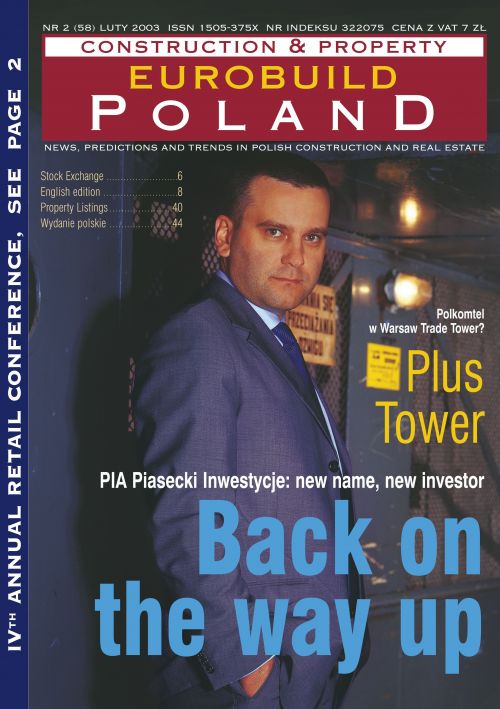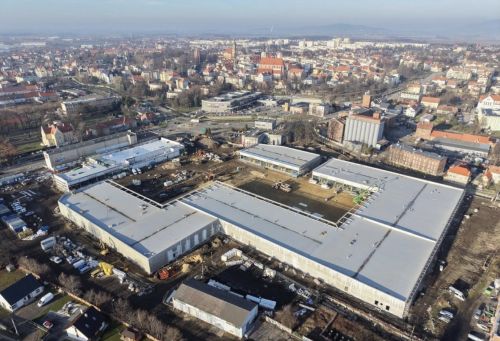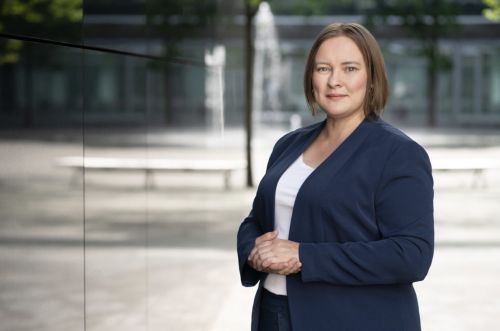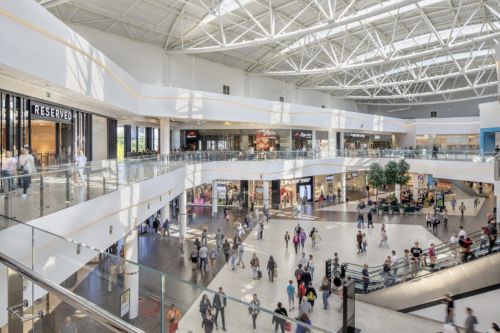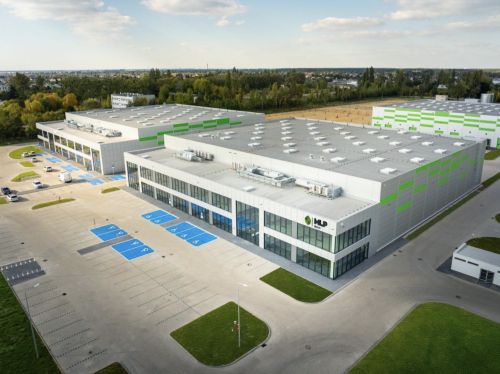Poland, as a new market for Old Mutual Properties, is making Ian Watts a busy
man. Eurobuild caught up with him on one of his many visits here
How would you describe Old Mutual Properties' aim and its position in the
mother company's, Old Mutual structure?
Old Mutual Properties was started as a property investment company. It was
engaged in development and management for Old Mutual and the investments made
through its other business activities. In more recent times we have expanded
this service and we operate for other clients besides Old Mutual, because the
problem was that we would be limited by the direction our mother company was
going in, not necessarily as far as opportunities are concerned, but with
interest rates. So today we operate and provide consulting and property services
to a number of companies in other parts of the world and not just within the
South Africa or UK. We do business in Africa and the Middle East and we have
been looking more and more into Cent



























